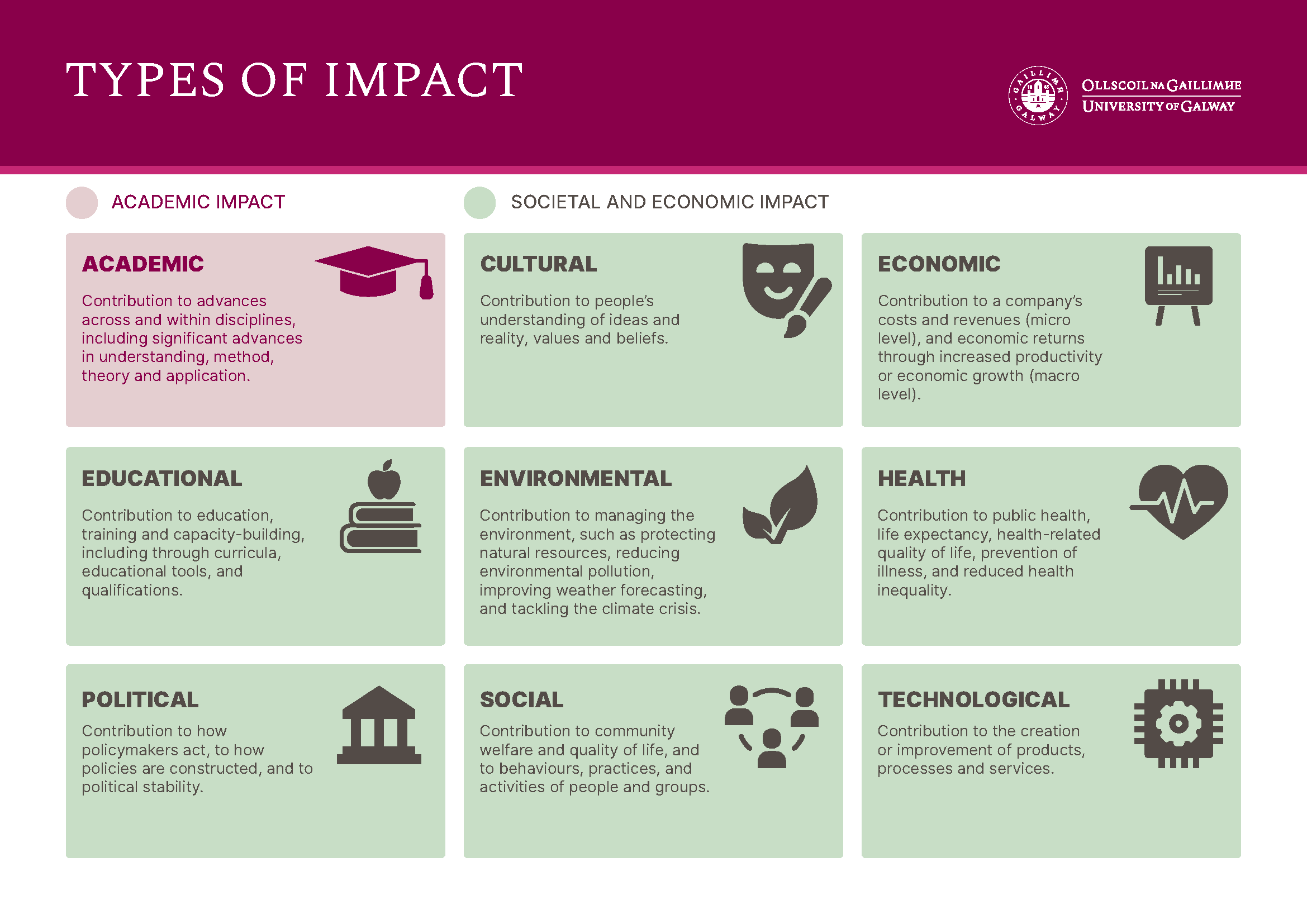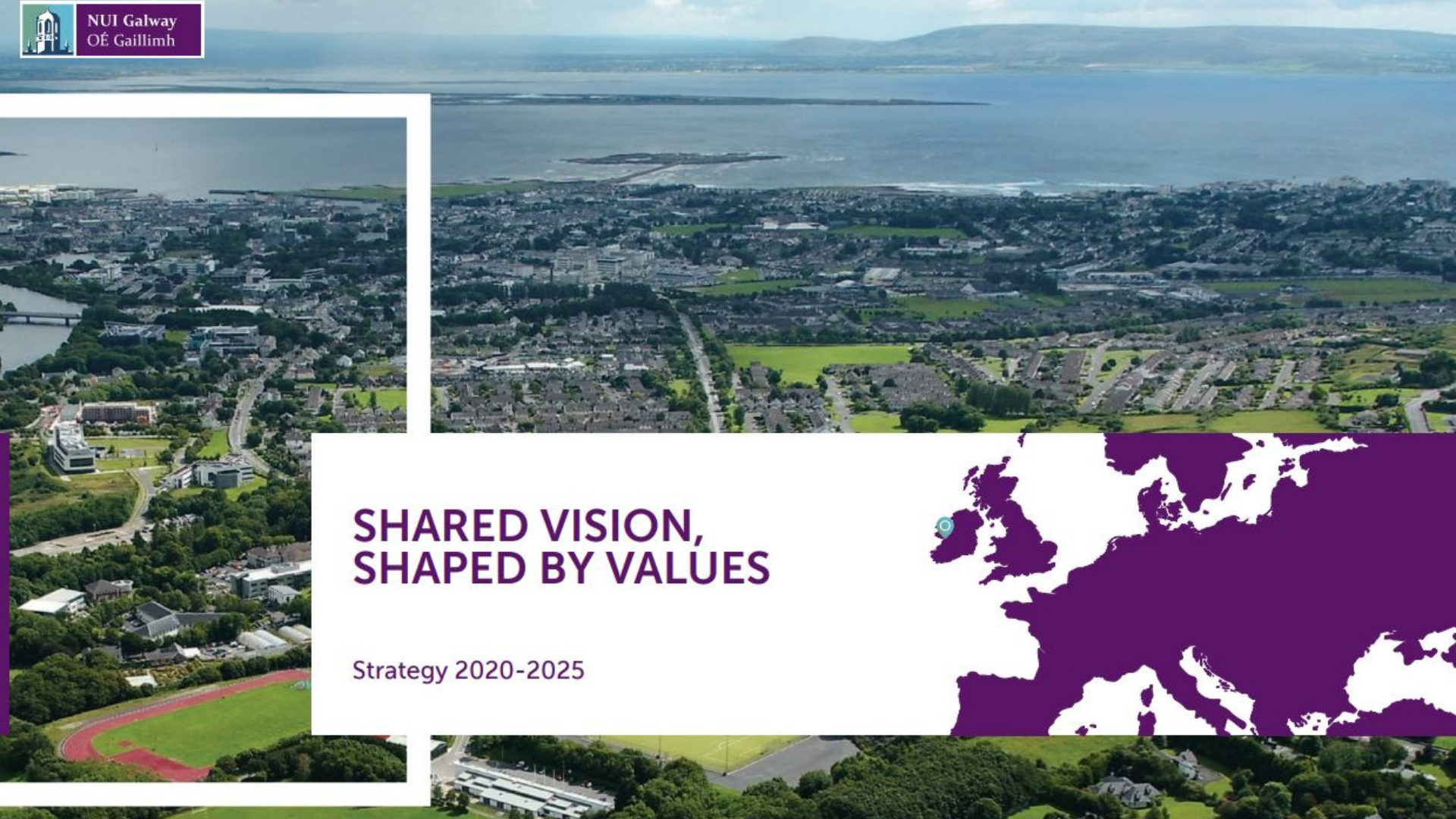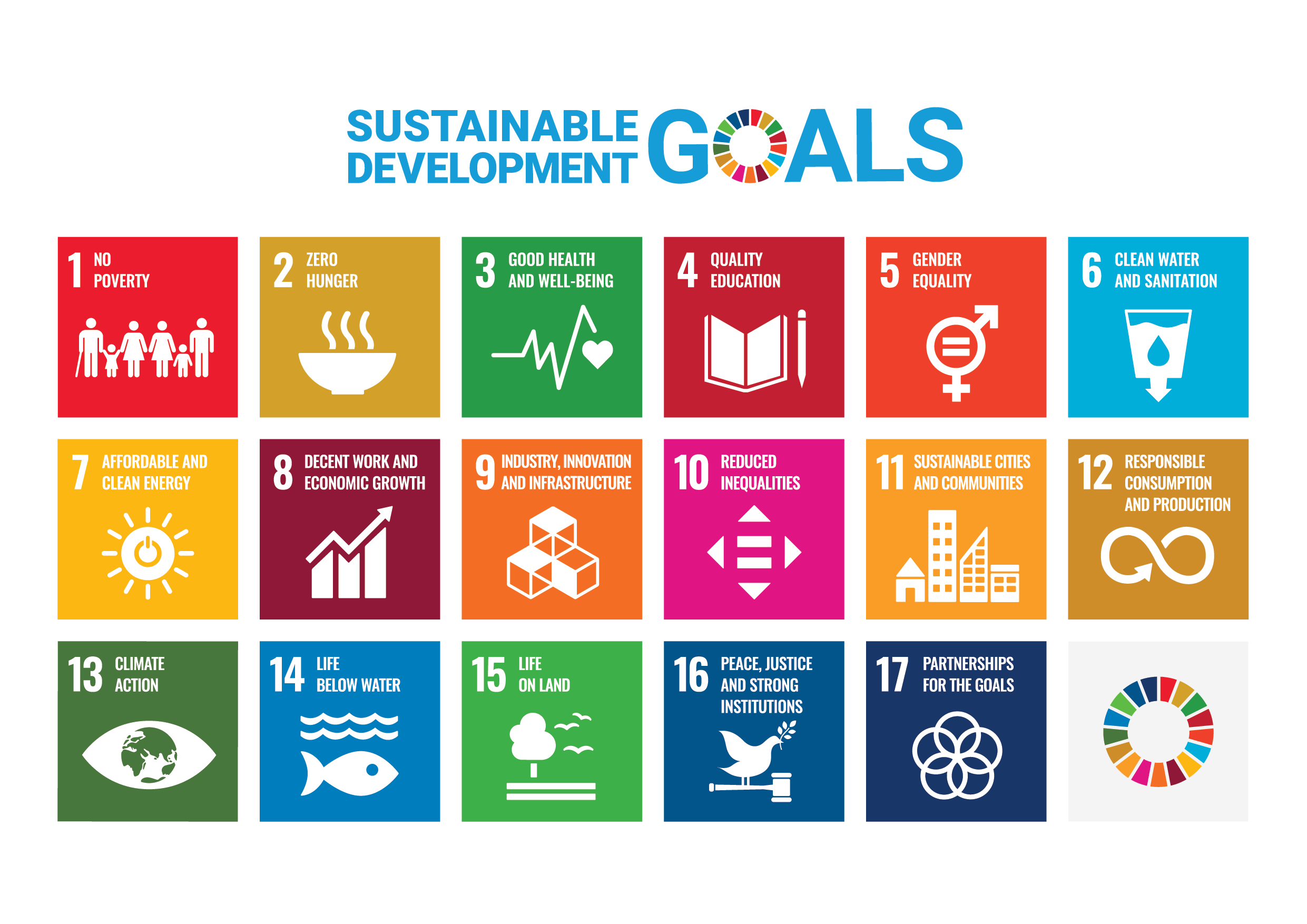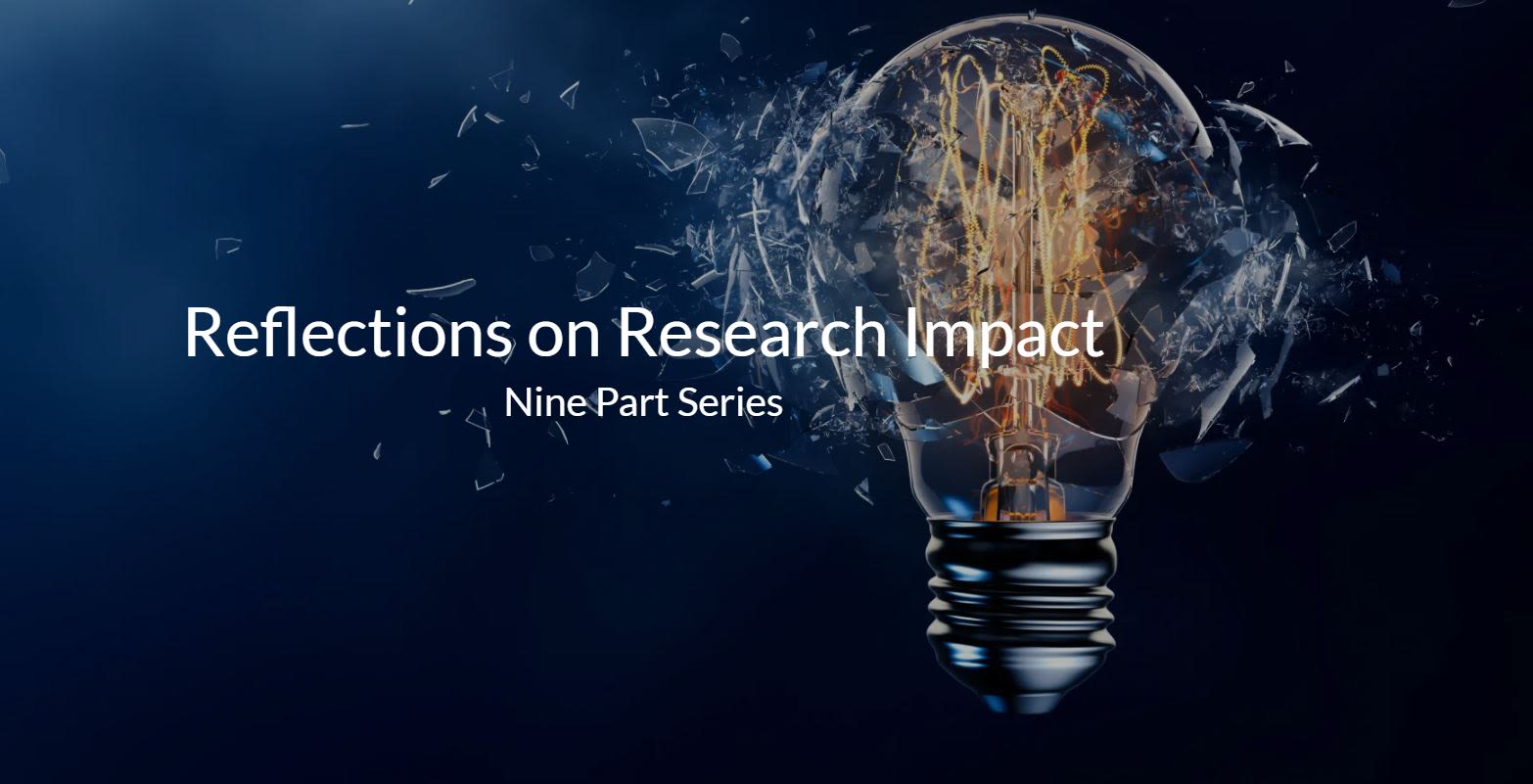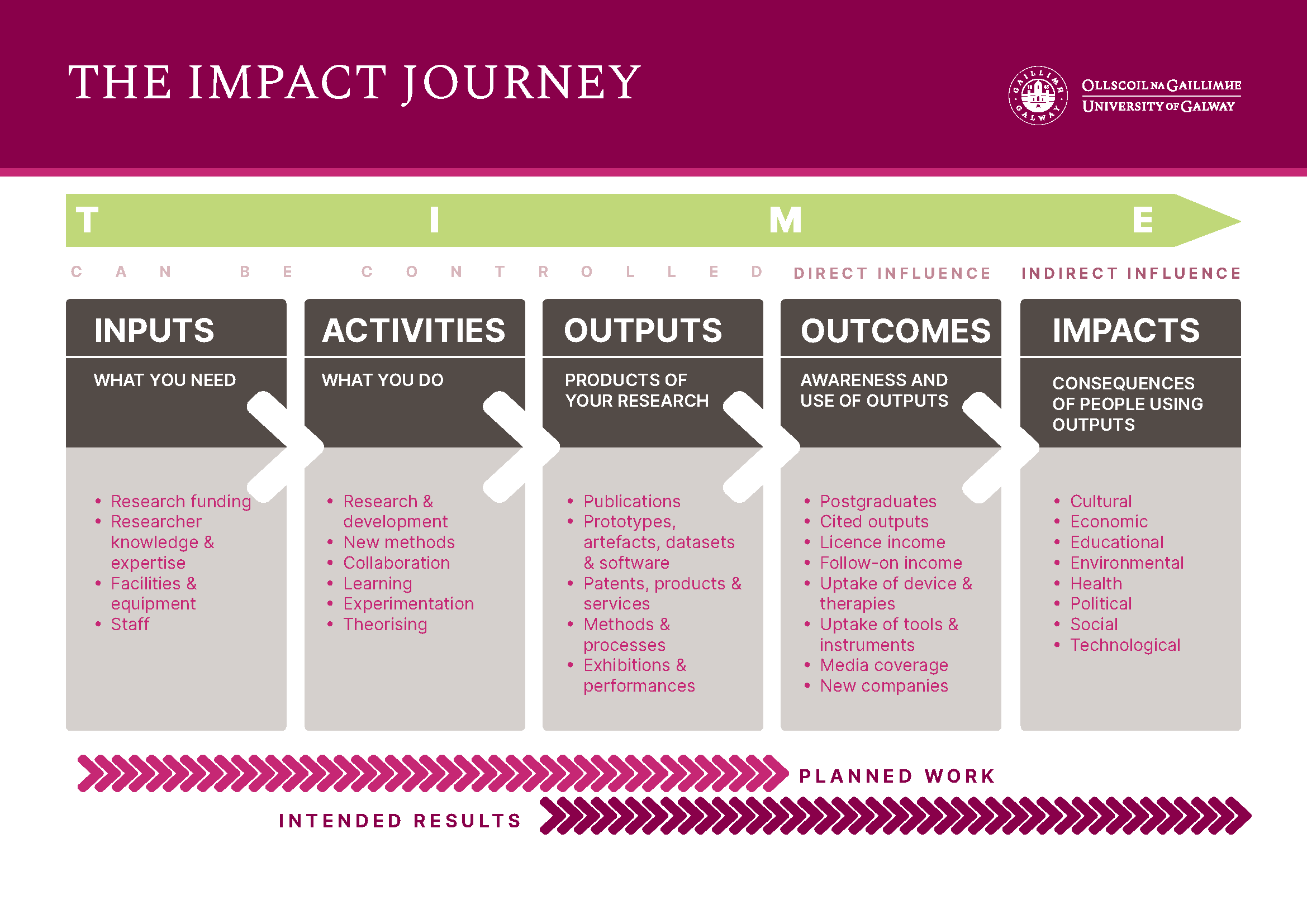What is Research Impact?

Defining Research Impact
Research impact has many definitions; the European Commission defines it as, “A change or a benefit to the economy, society, culture, public policy or services, health, the environment or quality of life”. A one-word definition is simply benefit: how our research benefits society and the economy.
Here we distinguish between ‘academic impact’, considered to be the research knowledge contribution to a field of study within academia, and ‘non-academic impact’, impacts that go beyond academia, defined as follows:
Academic impact is the demonstrable contribution that excellent research makes to academic advances, across and within disciplines, including significant advances in understanding, method, theory and application.
Societal and economic impact is the demonstrable contribution that excellent research makes to society and the economy, of benefit to individuals, organisations and nations.
Keep asking who benefits and how, and you will find the impact. People regularly ask me when does the 'pathway to impact' stop and the impact begin? The answer is that impact starts when you see benefits.
Defined broadly, impact is rich and varied and not easily quantified. Impacts can be immediate or long-term and is often from accumulated knowledge and not a specific research finding. Our classification system of different subtypes of impact, below, attempts to reflect this rich variety. It is based on a taxonomy developed by the European Science Foundation. Categorising impacts in this way allows you to consider a full range of possible impacts related to your research.
Although impact is a broad concept, the University has set out ambitions in our new Strategy - Shared Vison, Shaped by Values 2020-2025.
We will sharpen the focus of our teaching, research and innovation using the UN Sustainable Development Goals as a blueprint to achieve a better and more sustainable future. Engaging with our partners locally, nationally and worldwide, we will invite ambition in research that underpins the following areas:
- Enhancing policy and society
- Enriching creativity and culture
- Improving health and wellbeing
- Realising potential through data and enabling technologies
- Sustaining our planet and people
Reflections on Research Impact
University of Galway commissioned nine short training videos for this toolkit, intended to give you a quick, easy to digest introduction to research impact: explaining the concept, how to approach it and some of what is involved. The nine part video series is available to view by visiting the link below.
The Impact Journey
Researchers often misunderstand the meaning of impact and think that the results of their research project or study is the impact, rather than use of the knowledge or sharing of an output from that study, that leads to a change.
The impact journey describes how research can lead to impacts on society and academia. It traces research over time, distinguishing between five different stages on the pathway to impact:
- Inputs: What researchers need.
- Activities: What researchers do.
- Outputs: The products of research.
- Outcomes: People becoming aware of, and using, these products. They generally occur in the short- to medium-term.
- Impacts: Changes in society that result from outputs and outcomes. Typically, impacts occur in the longer-term.
The diagram below demonstrates this pathway, with examples under each of the five stages:
What Impact Is Made Of?
Impact is made up of two things: reach and significance. The biggest impact has both, but one or the other can still be meaningful.
Reach refers to how widespread the impact is; the extent, spread, breadth, and/or diversity of the beneficiaries of the impact.
Ask yourself: how you can expand, replicate and scale up your impact.
Significance refers to how important or valuable the impact is to each beneficiary. The degree to which the impact has enabled, enriched, influenced, informed or changed the performance of policies, practices, products, services, culture, understanding, awareness or well-being of the beneficiaries (not the prevalence or magnitude of the issue).
Ask yourself: how you can make your impact more significant and meaningful for the people you want to benefit from your work.
Put simply, if my research saves someone’s life, I’ve made a significant impact; if my research saves millions of people’s lives, the impact is no more significant, but now it has reach as well.
In summary
Impact is a change in the world which results from research.
For example, this could be:
- Enhancing policy and society
- Enriching creativity and culture
- Improving health and wellbeing
- Realising potential through data and enabling technologies
- Sustaining our planet and people
Impact is not the underlying activities or pathways that aim to effect these changes. However, these are often a crucial part of the impact journey, and it is still important to think and talk about them. Examples include:
- Publishing academic papers
- Discussing one's research in the media
- Coordinating public engagement activities
- Generating interest in research via social media
- Presenting at conferences
Training opportunities
At University of Galway, we offer various workshops and seminars on what is research impact:
- Saskia Walcott, Director of Walcott Communications, delivered a recorded workshop for University of Galway, on 'Introduction to Research Impact', which you can find here. Saskia enables researchers to develop the skills, tools, techniques and mindset to create the essential relationships and opportunities to generate meaningful social and economic impact from research.
- Our Research Impact Seminar Series is an opportunity to hear from national and international research impact experts who will share and discuss best practices around the world on impact related topics.
To find out about other workshops and seminars, please visit our SharePoint site.
Click here to proceed to the Plan section
Explore our toolkit now to learn how to Plan, Capture, Communicate and Monitor your impact.
Please improve this toolkit by sharing tools and other resources you find useful: email Áine Mhic Thaidhg, Research Impact Officer.
The development of this toolkit was led by UCD, with funding from the HEA, and members of a Research Impact Working Group. Further information available here.

